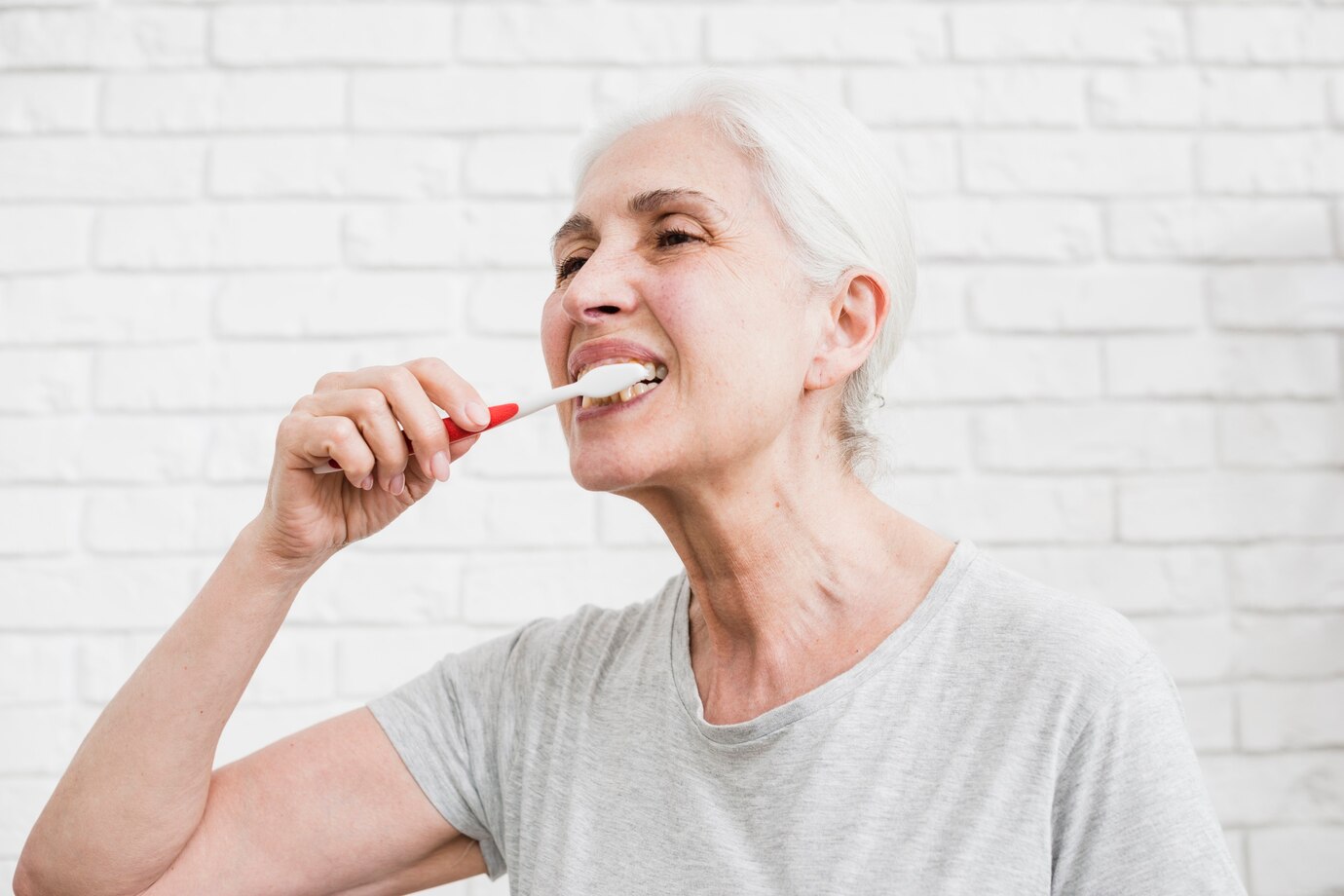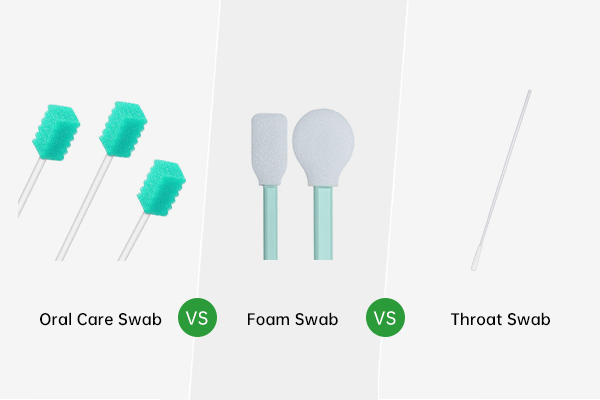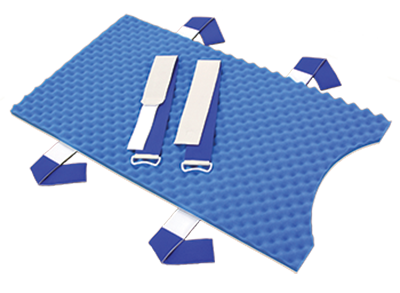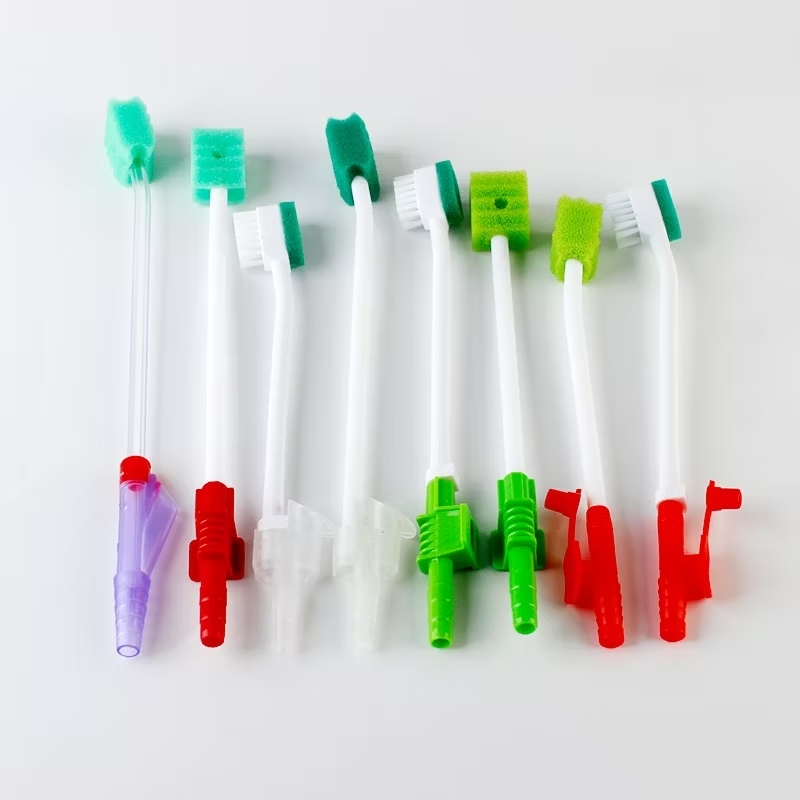Maintaining proper dental hygiene can become more difficult as we age, but it also gets more crucial. The elderly often face physical limitations that make traditional brushing and flossing difficult, such as arthritis, limited mobility, or cognitive impairments like dementia. In this case, mouth swabs can be quite useful. Mouth swabs, also known as oral swabs or sponge sticks, offer a gentle and effective solution to help older adults maintain proper oral care. This article explores the benefits, types, proper use, and considerations for mouth swabs in elderly care.
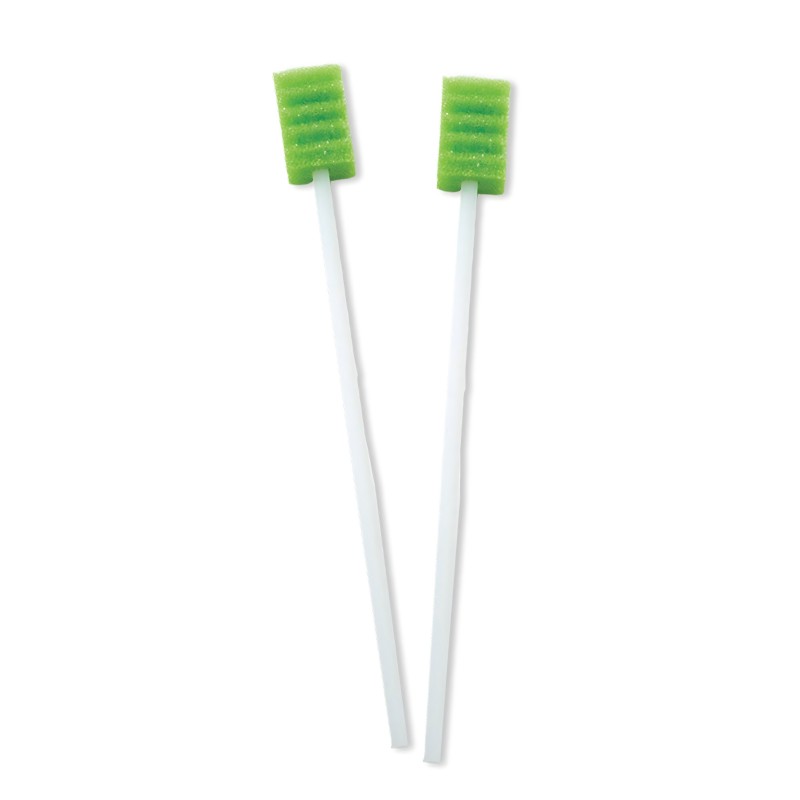
What Are Mouth Swabs?
Mouth swabs are small, disposable cleaning tools designed to help clean the mouth, teeth, and gums when traditional brushing is not feasible. They are typically made of soft, absorbent materials, such as foam, and are attached to a plastic or wooden stick. Some swabs are pre-moistened with solutions containing antiseptics or fluoride, while others are used with water or mouthwash.
These tools are primarily designed for individuals who have difficulty performing regular oral hygiene tasks, especially those with conditions that limit their ability to manipulate a toothbrush, such as arthritis, Parkinson’s disease, or cognitive impairments like dementia.
Why Do Elderly People Need Mouth Swabs?
A number of factors might lead to deteriorating oral health as people age. Among the most prevalent problems that older people encounter are:
- Decreased Saliva Production: Xerostomia, or dry mouth, is common in older persons and can cause discomfort, make swallowing difficult, and raise the risk of gum disease and tooth decay. Medical issues, drugs, or just aging can all contribute to dry mouth.
- Difficulty Brushing and Flossing: For those with limited hand dexterity, joint pain, or neurological conditions, the physical act of brushing teeth and flossing can become a strenuous and sometimes impossible task.
- Cognitive Decline: Disorders such as dementia and Alzheimer’s disease might affect a person’s memory for brushing their teeth or using the right methods. This can result in poor oral hygiene and a higher risk of mouth infections.
- Risk of Oral Infections: The elderly are particularly vulnerable to oral infections like gum disease and oral candidiasis. Inadequate oral hygiene can exacerbate these risks, potentially leading to more severe health complications, including systemic infections.
Given these challenges, maintaining proper oral hygiene is crucial for elderly individuals to avoid complications such as bad breath, gum disease, cavities, and even systemic infections. Mouth swabs provide an easy, gentle, and effective way to maintain oral health in these circumstances.
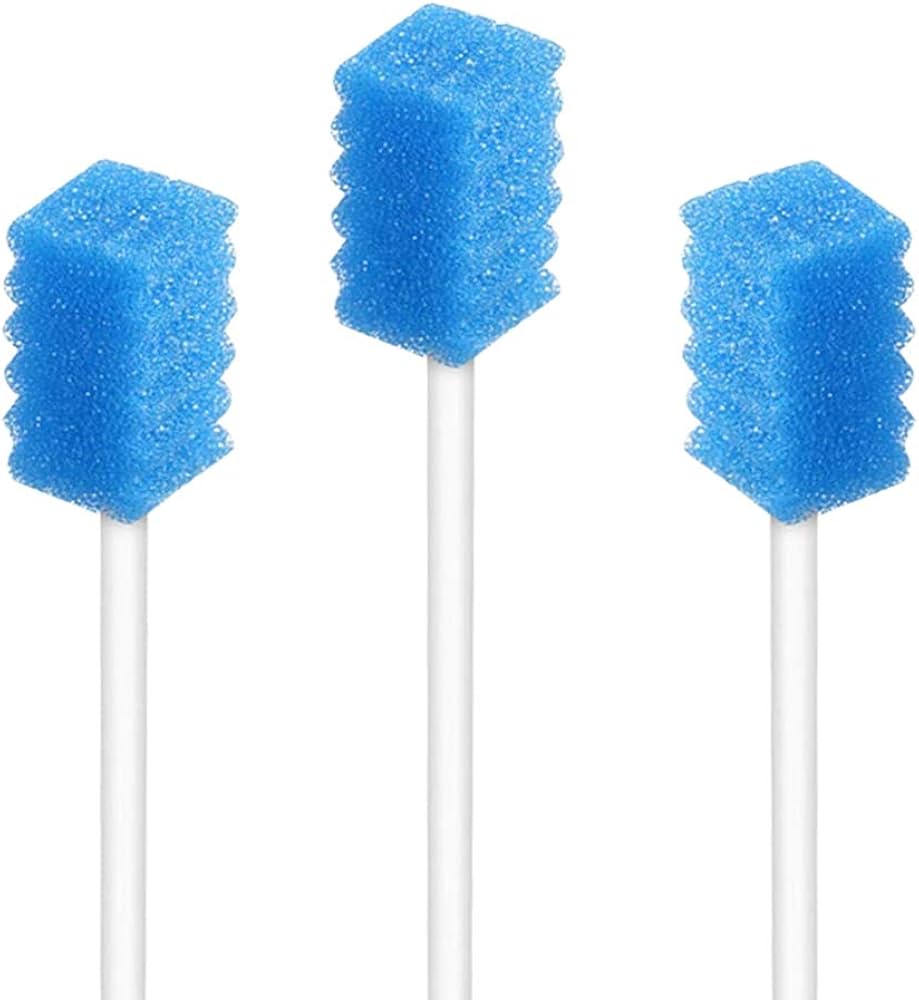
Advantages of Mouth Swabs for Seniors
- Ease of Use: Mouth swabs are user-friendly and require little to no effort. Unlike traditional toothbrushes, which may require complex motions or significant grip strength, mouth swabs can be gently moved inside the mouth to clean teeth and gums without straining.
- Effective Cleaning: While not a complete substitute for regular brushing, mouth swabs can effectively clean the surface of teeth, gums, and the roof of the mouth, helping to reduce the buildup of plaque and food debris. This reduces the chance of oral infections, gum disease, and tooth decay.
- Gentle on Sensitive Gums: Many elderly individuals experience gum recession or gum disease, making their gums more sensitive to harsh brushing. Mouth swabs are softer and gentler than traditional toothbrushes, reducing the risk of injuring the gums during cleaning.
- Promotes Oral Moisture: Some mouth swabs are designed with a moisturizing solution to help alleviate dry mouth, which is a common problem in the elderly. These swabs can help stimulate saliva production and keep the mouth moist, reducing discomfort and preventing the growth of harmful bacteria.
- Convenient and Portable: Mouth swabs are lightweight, portable, and often individually packaged, making them easy to use in various settings, including hospitals, nursing homes, or while traveling. They are also a great choice for anyone with physical restrictions that make using a toothbrush difficult.
- Reduces the Risk of Aspiration: For elderly individuals with swallowing difficulties or neurological conditions such as stroke or Parkinson’s disease, mouth swabs are a safer alternative to traditional toothbrushes. They are less likely to cause choking or aspiration, as they do not require as much force or coordination to use.
Various Types of Mouth Swabs for the Elderly
There are several varieties of mouth swabs, each intended to meet a particular purpose:
Dry Swabs: These are simple foam-tipped swabs that are not pre-moistened. They are typically used to clean the mouth, teeth, and gums gently and are ideal for patients who need help with basic oral hygiene without additional moisture.
Moist Swabs: Pre-moistened mouth swabs come with a solution that may include saline, mouthwash, or antiseptic. These are ideal for individuals with dry mouth, as they not only clean the mouth but also provide moisture to keep the oral cavity hydrated. Some moist swabs contain ingredients that help reduce bacteria and freshen your breath.
Mouth swabs containing fluoride are available to help prevent cavities and enhance oral health. These are particularly useful for elderly individuals who are at a higher risk of tooth decay due to reduced saliva production and other age-related factors.
Mouth Rinsing Swabs: These swabs are designed to help individuals rinse their mouth with liquid, especially in cases where brushing is not an option. They can be quite helpful for patients who are bedridden or have limited mobility.
How to Use Mouth Swabs Effectively
Although using mouth swabs is straightforward, there are a few crucial things to take to make sure they effectively maintain oral hygiene:
- Choose the Right Swab: Depending on the individual’s needs, choose a dry or moist swab. If dry mouth is a concern, opt for a swab pre-moistened with a moisturizing solution or mouthwash.
- Position the Person Comfortably: If the elderly individual is bedridden or has limited mobility, position them comfortably in a chair or bed. Make sure their head is angled slightly back to facilitate mouth cleaning.
- Gently Clean the Mouth: Dip the swab in a mouthwash, or saline solution, or simply use it dry, and gently wipe the surface of the teeth, gums, and tongue. Reach the roof of the mouth, under the tongue, and inside the cheeks, among other parts of the mouth.
- Dispose of the Swab Properly: Make sure to properly dispose of the swab after usage. To reduce the danger of infection, the majority of mouth swabs are disposable and should not be used again.
- Monitor Oral Health Regularly: While mouth swabs are an excellent tool for maintaining oral hygiene, it’s still important to schedule regular dental checkups to monitor for any oral health issues that may require professional treatment.
Considerations and Limitations
While mouth swabs are an excellent oral care solution for the elderly, there are a few considerations to keep in mind:
- Not a Complete Substitute for Brushing: Mouth swabs are not a full replacement for brushing with toothpaste and a toothbrush. They can assist with basic oral hygiene, but whenever feasible, they should be used in addition to routine dental care.
- Use of Fluoride: If using fluoride mouth swabs, make sure that they are compatible with the individual’s oral health needs. Overuse of fluoride may lead to dental fluorosis in some cases.
- Dry Mouth Management: If dry mouth is a chronic issue, it’s important to consult a dentist or healthcare provider for advice on managing the condition, as mouth swabs alone may not be enough to prevent oral health issues associated with xerostomia.
- Health Conditions: Always check with a healthcare provider if the elderly individual has any oral health conditions, as certain solutions or products in mouth swabs may not be suitable for everyone.
Conclusion
Mouth swabs are an essential tool for elderly oral care, offering a simple and effective way to maintain hygiene, promote comfort, and prevent oral health problems. While they do not replace traditional brushing, they provide a gentle and accessible solution for elderly individuals who may face physical or cognitive challenges. By incorporating mouth swabs into regular oral care routines, caregivers and family members can help ensure that the elderly maintain a healthier, more comfortable mouth, reducing the risk of oral infections and promoting overall well-being.

